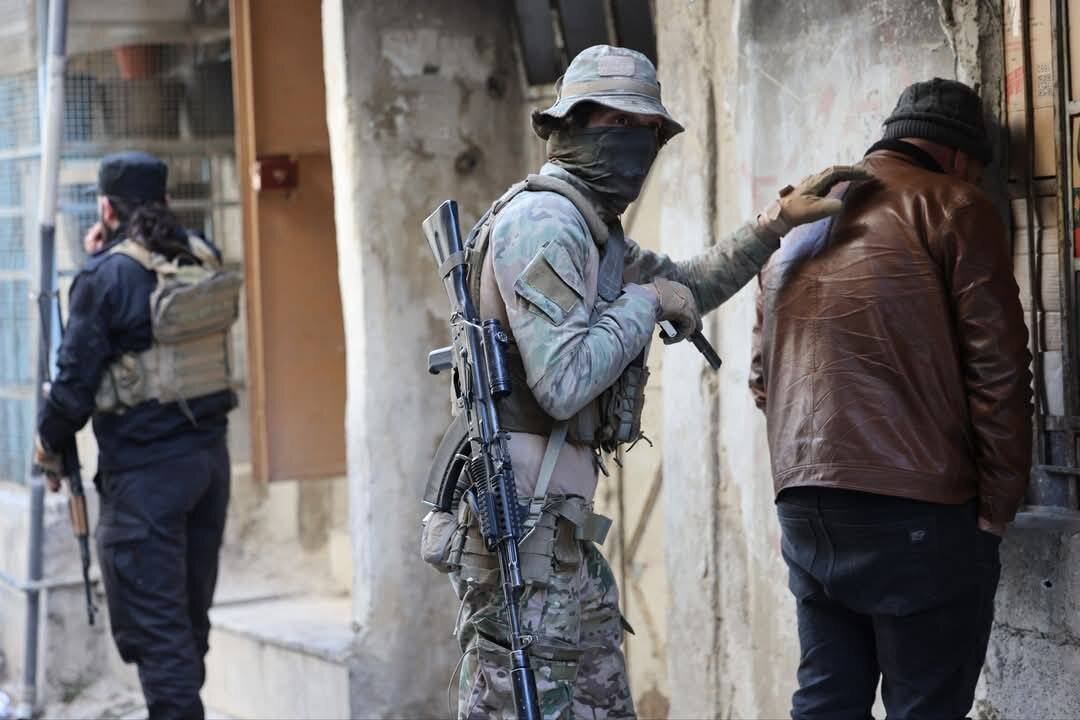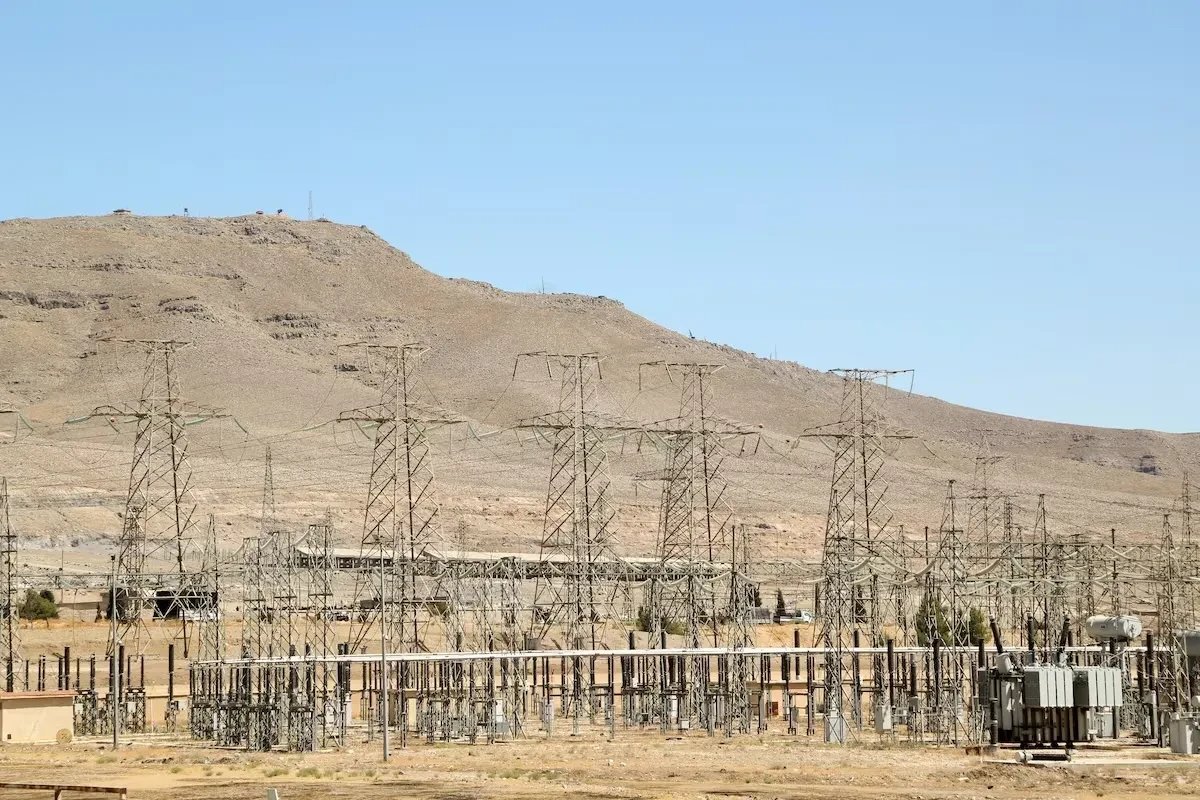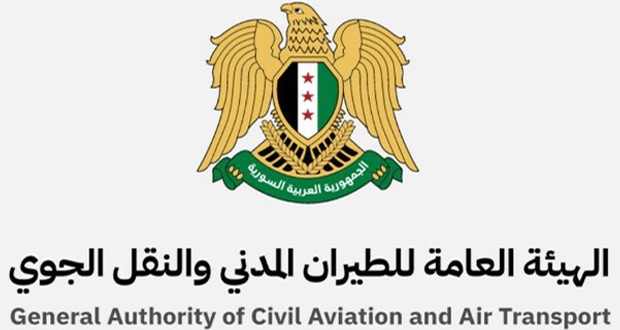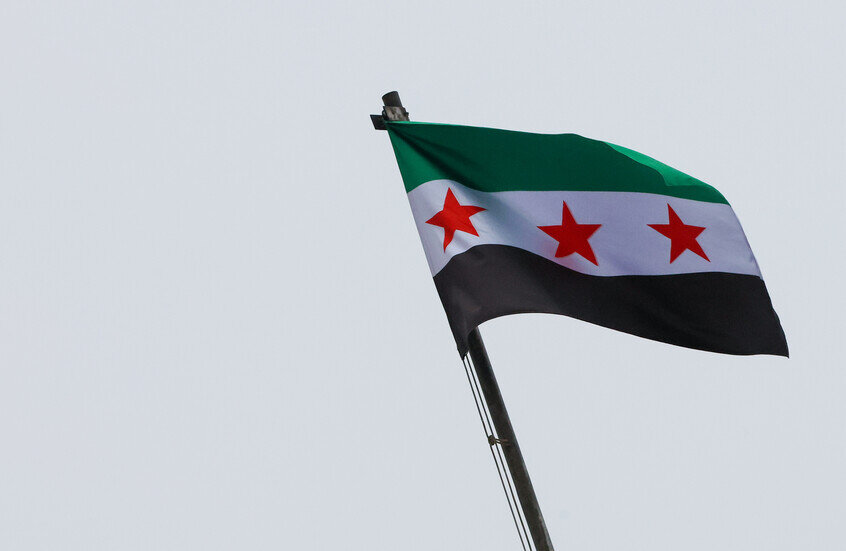سوريا.. من إرث الوحدة إلى تحديات بناء الحرية

ارتبطت سوريا على مدى تاريخها بفكرة الوحدة العربية، كما ارتبطت الجزائر بفكرة الثورة، وفلسطين بالمقاومة، ولبنان بالحرية. يروى أن الرئيس الجزائري الراحل أحمد بن بلة، عند زيارته الأولى لدمشق وسماعه هتافات السوريين "وحدة، وحدة"، علق مازحًا: "إن هذا البلد مصاب بالوحدة!". في القرن الماضي، سيطر الوعي السياسي للمثقفين السوريين القوميين على فكرة الوحدة، والتي اعتبرها بعض النقاد رؤية تتطلع لإعادة مناطق مثل لبنان والأردن وفلسطين إلى سوريا. خلال الخمسينيات، كانت الوحدة مع العراق موضوعًا شائكًا، ولاحقًا في 1958، اندمجت سوريا ومصر في تجربة وحدة قصيرة العمر عُرفت بالجمهورية العربية المتحدة.
أصبحت مركزية فكرة الوحدة مصدر قلق لدول الجوار والقوى الكبرى التي اعتقدت أن هذا الشغف بالوحدة يهدد استقرار النظام الدولي. وقد نالت دمشق لقب "قلب العروبة النابض" بسبب هذا الارتباط الوثيق بفكرة الوحدة. وفي عام 1963، جاء حكم البعث تحت شعار استعادة الوحدة بعد انفصال 1961، لكن استعادة الوحدة لم تتحقق. بدلاً من ذلك، تطورت الدولة إلى نظام أمني عسكري هيمن على البلاد دون الحاجة إلى شعارات قومية.
اليوم، تخلت سوريا عن فكرة الوحدة تمامًا، حيث أصبحت عناوينها مرتبطة بظواهر مثل انتشار الكبتاغون. بفعل القمع المفرط لنظام الأسد، أصبحت البلاد بحاجة إلى "وحدة" تجمع مناطق النفوذ المختلفة وتعيد الملايين من المهجرين داخليًا وخارجيًا. الحرب الروسية الأوكرانية أعادت للأذهان مقارنة بين علاقة سوريا ولبنان بعلاقة روسيا وأوكرانيا من جهة، وبين الدمار المشترك للشعبين السوري والأوكراني من جهة أخرى.
تجربة اللجوء القاسية للسوريين أسهمت في تفاعلهم مع قيم جديدة مثل حقوق الإنسان، وسيادة القانون، والمساواة، وحرية التعبير، وهي أمور حرمتها الأنظمة السابقة. في دول اللجوء، برزت فكرة "سوريا الجديدة" كمناهضة للتطرف القومي والشعبوي، في مواجهة الصورة القديمة لسوريا كرمز للوحدة القومية.
لكن هذه الفكرة تواجه مقاومة وتحديات كبيرة؛ فالتوافق السوري الداخلي حولها لا يزال ضعيفًا، والعالم يبدو إما غير مبالٍ أو عاجزًا. دول الجوار تحافظ على نظرتها لسوريا كرمز للوحدة، بينما تواجه تغيّرًا في صورة السوري من رجل الأمن إلى اللاجئ. لبنانيون وفلسطينيون، على سبيل المثال، ما زالوا يتعاملون مع السوريين بمزيج من القسوة أو التماهي مع ذكريات النظام السابق.
يبقى أن التناقض بين الوطن ومخاض الحرية يشكل أكبر عقبة أمام صياغة هوية جديدة لسوريا. فالتحول الذي ينمو خارج الوطن، وفي ظل انقسام المجتمع السوري، يتطلب مراجعات جذرية ومؤلمة، بما فيها الفصل مع مفهوم "سوريا الوحدة" لصالح رؤية جديدة تتماشى مع تطلعات الحرية والكرامة.












